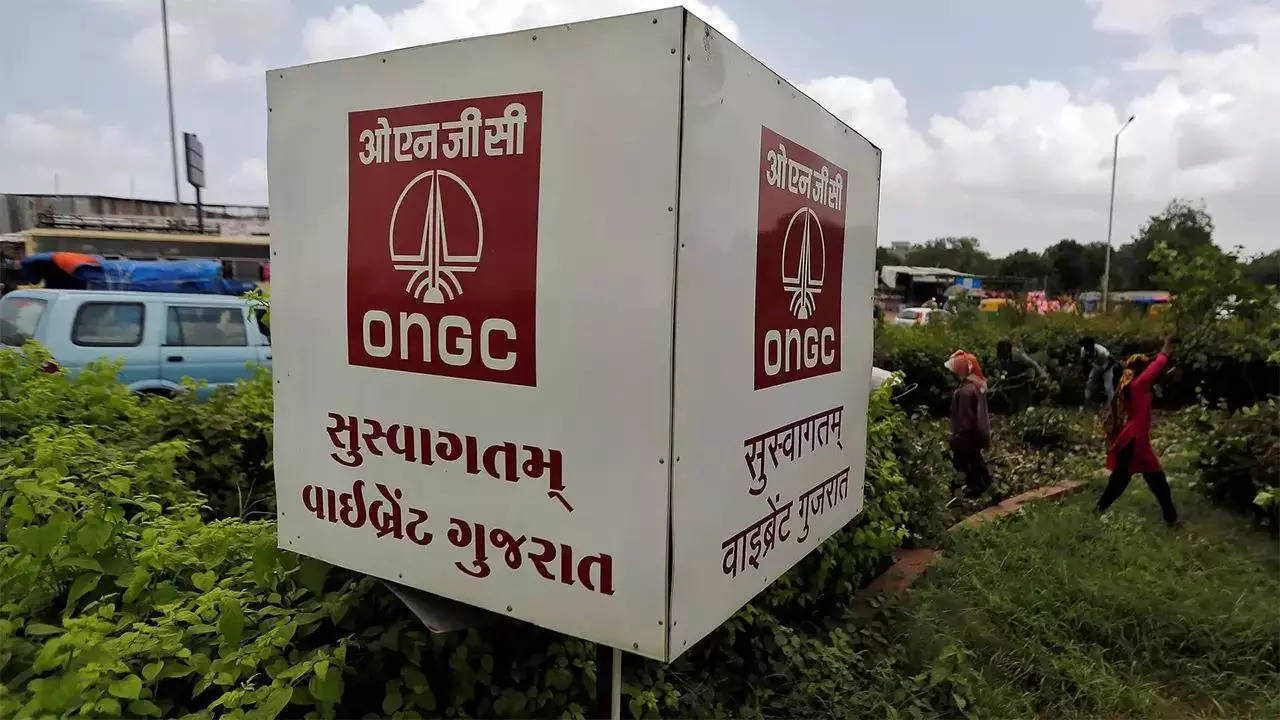ONGC charges premium over Brent in oil deals with BPCL, HPCL – Times of India

[ad_1]
The oil has been priced at the prevailing Brent crude oil price plus 1 per cent, company sources said.
Brent, the world’s best known benchmark for the raw material that is converted into fuels like petrol and diesel in refineries, is trading at USD 80 per barrel. As per the pricing in the term contracts, ONGC would get USD 80 plus USD 0.8 for the oil it will sell to HPCL and BPCL.
ONGC produces 13-14 million tonne per annum of crude oil from its fields in the Arabian Sea, off the Mumbai coast. In June last year, the government abolished a rule that said oil from blocks awarded prior to 1999 must be sold to government-nominated customers, mostly state refiners. The old rule had led to producers such as ONGC and Oil India not getting the best market price.
Subsequent to that rule change, ONGC started quarterly auctions of crude oil produced from Mumbai High and Panna/Mukta fields in the western offshore.
While the company got a slight premium over Brent – the crude oil its Mumbai offshore is closest in quality to – in the initial auction, refiners like Indian Oil Corporation (IOC) started seeking discounts equivalent to one they got on Russian oil, sources said.
Following Moscow’s invasion of Ukraine in February last year, Russian oil was sanctioned and shunned by European buyers and some in Asia, such as Japan. This led to Russian Urals crude being traded at a discount to Brent crude (the global benchmark).
The discount on Russian Urals grade was as high as USD 30 a barrel in the middle of last year and now around USD 6-7. Sources said refiners like IOC argued that they needed discounts as they suffered losses on selling petrol and diesel at below cost to keep inflation in check.
ONGC resisted the discounts arguing that the government has taken away all upsides of the recent surge in oil prices through a levy of windfall profit tax. And as a way out, it floated the idea of a term contract – selling a fixed quantity of oil in a year at the pre-agreed benchmark. It first signed a pact to sell 4 million tonne per annum plus an optional 0.5 million tonne of crude oil to BPCL, which has a refinery to convert the crude oil into fuels like petrol and diesel at Mumbai.
This was followed by a similar pact with HPCL, which too has a refinery at Mumbai. ONGC also signed a pact to sell smaller volumes to its subsidiary Mangalore Refinery and Petrochemicals Ltd (MRPL), they said. In the first auction last year, ONGC had offered 33 lots of 412,500 barrels each – 26 cargoes from Uran near Mumbai and seven cargoes from Mumbai offshore – for sale starting November 1, 2022 at a minimum USD 0.5 premium over the average monthly price of Brent.
All the cargoes were sold to state refiners except one, which was awarded to Reliance Industries Ltd, sources said adding the refiners bid to pay a premium of USD 1.80-1.85 per barrel for cargoes from Uran, where supplies come through a pipeline, USD 3.8-6.5 per barrel for offshore cargoes and about USD 1.55 per barrel for a parcel from Panna-Mukta field.
Uran cargoes fetch a lower premium as local taxes make the crude costlier than offshore supplies. Pipelines from fields in Mumbai offshore directly connect to BPCL and HPCL’s Mumbai refineries.
